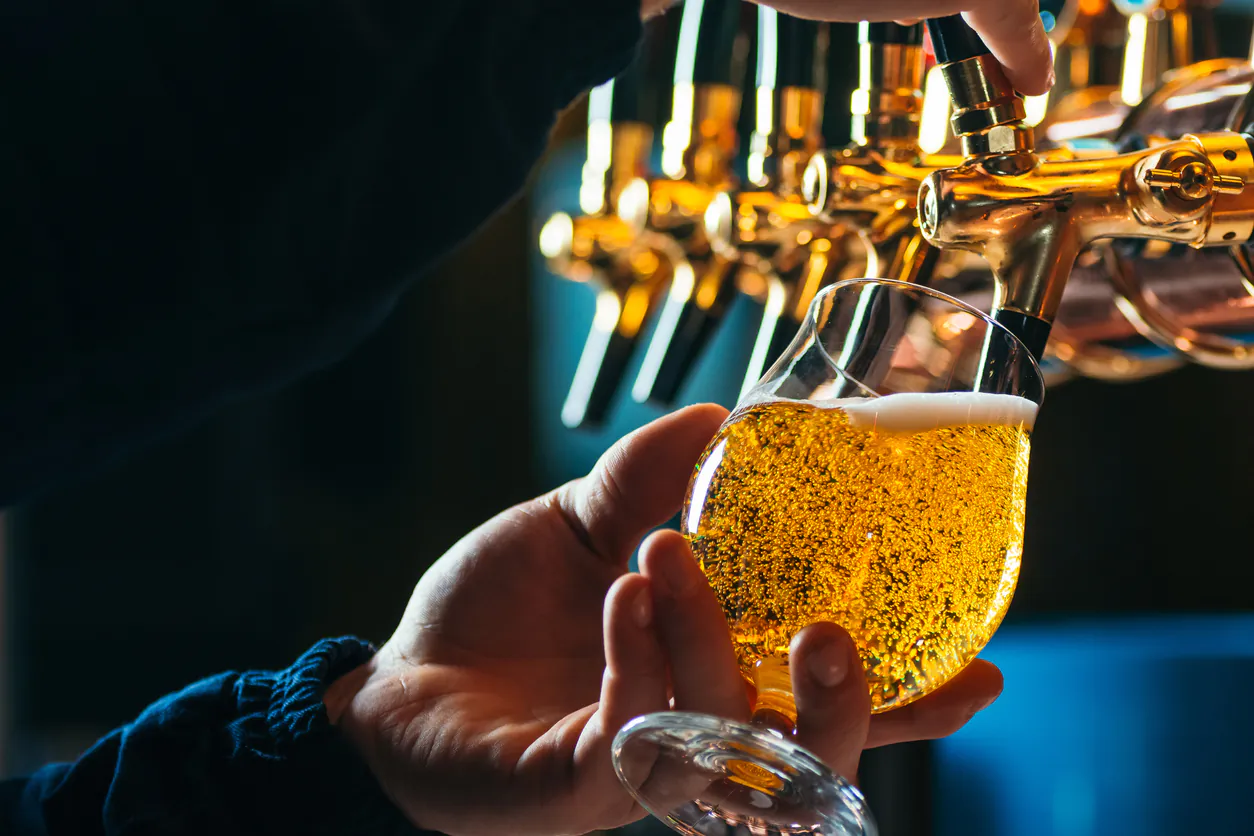The coffee industry in Brazil retains its spot as the largest producer of coffee in the world in 2017. Brazil has been dominating the global coffee market for over 150 years. Today, in addition to being the world’s largest coffee producer; Brazil is also the number 1 coffee exporter, contributing to one-third��of the world’s total coffee production every year. Brazil’s leading position in the global coffee production is mainly attributed to the country’s large plantation area with beneficial climate to grow the two main types of coffee beans—Arabica and Robusta. Despite the reduced coffee productions over the recent years, Brazil’s top position in the global coffee market remains unchallenged.
But first, is Brazilian coffee even good? More importantly, what’s in Brazilian coffee that appeals to so many consumers on a mass scale? Or, is it mainly due of the efficiency of coffee production in Brazil?
Let’s answer why Brazilian coffee is good: Brazilian coffee is considered one of the world’s finest and a lot of that can be attributed to the fact that the coffee is low in acidity. Making it very lucrative to the US market when it comes to coffee exports. Americans actually import 22% of all coffee exports from Brazil, with Germany at number 2 at a shade over 18%, and Italy rounding it out for Brazilian coffee exports at 9.5%. The coffee industry in Brazil continues to have mass appeal to global markets across vast regions.
Coffee Production in Brazil
Where is Brazilian coffee produced? When it comes to production, there are 4 main types of coffee variants that most coffee aficionados recognize and they are all a staple of Brazil. The 4 main coffee varieties found in Brazil are Typica, Bourbon, Caturra, and Mundo Novo. When it comes to the regions that produce the most coffee in Brazil, they are mainly grown in the following states: Paraná, São Paulo, Espirito Santos, ��Minas Gerais, and Bahia. These are the main regions that pump the best and most coffee in the world.
So far, the coffee plantation area in Brazil totaled 2.23 million hectares. Here is a breakdown of the major coffee plantation areas in Brazil by state or region: Minas Gerais (1.22 million hectares); Espírito Santo (433,000 hectares); Sao Paulo (216,000 hectares); Bahia (171,000 hectares); Rondônia (95,000 hectares); and Paraná (49,000 hectares), where the environment and climate provide ideal growing conditions for coffee beans.
Coffee Industry in Brazil Statistics
When it comes to Brazilian coffee production statistics, the nation is leading the way in the global coffee market. According to the latest report from ATO (The Agricultural Trade Office) of USDA, Brazil’s coffee production is expected to reach over 3.13 million tonnes or 52.10 million bags (60 kilograms per bag) in the fiscal year of 2017-18.�� Specifically, Arabica production for the fiscal year 2017-18 is forecasted at 40.5 million bags, a decrease of 11% relative to the previous year. In contrast, Robusta/Conilon production for the fiscal year 2017-18 is projected at 11.6 million bags, up 1.1 million bags from 2016 – 17 (10.5 million bags).
Meanwhile, another report released by Brazilian Agricultural Research Corporation early this year forecasts that coffee harvests in Brazil will reach 47.51 million bags of 60 kg, with the gross revenue of R$22.2 billion in 2017. If the expectation is met, Brazil will account for over 31% of the total global coffee output this year.
Connect with the Most Reputable Coffee Suppliers in Brazil
Over the recent years, investments in technology is the main factor to drive the harvest of coffee industry in Brazil. “This result is mainly due to the recovery of productivity in the states of Bahia and Rondônia, as well as the more widespread use of technologies such as clonal coffee planting and great investments in crops,” the National Supply Company (Conab) said in a statement released recently.
Coffee Exports in Brazil
��
When it comes to Brazil’s coffee exports, the��International Trade Centre��recently reported that Brazil exported nearly $4.9 billion worth or 1.8 billion tonnes of coffee to the global market in 2016, representing over 15.8% of world’s total coffee exports in that year, making Brazil the world’s largest coffee exporter again. Germany, the USA, Italy, Japan, and Belgium were the top 5 largest exporting destinations for Brazil’s coffee products in 2016.
According to the report from OCED (the Organisation for Economic Co-operation and Development), there are no taxes for exporting coffee from Brazil, but importing green and roasted coffee into Brazil will be taxed by 10% and importing soluble coffee will be taxed by 16%. Currently, the US, the European Union, and Japan—the three largest coffee exporting markets for Brazil—allow duty-free exports of unprocessed coffee from Brazil. Processed coffee such as roasted beans, instant coffee, and decaffeinated coffee is taxed 7.5% in the EU and 10% into Japan. Brazil’s coffee exports to the US are tariff-free, thanks to the preferential trade agreement with the US. A large reason over 22% of its exports goes to the USA.
Brazil’s leading position in the global coffee market has also attracted significant numbers of buyers and traders from all over the world the hope to source the best business deals in the country. To help your coffee business stay at the peak of the industry, 91��Ƭ�� provides the most effective to source products and make business deals with the top coffee suppliers in Brazil. The state of the coffee industry in Brazil is expected to stay promising for the foreseeable future.



